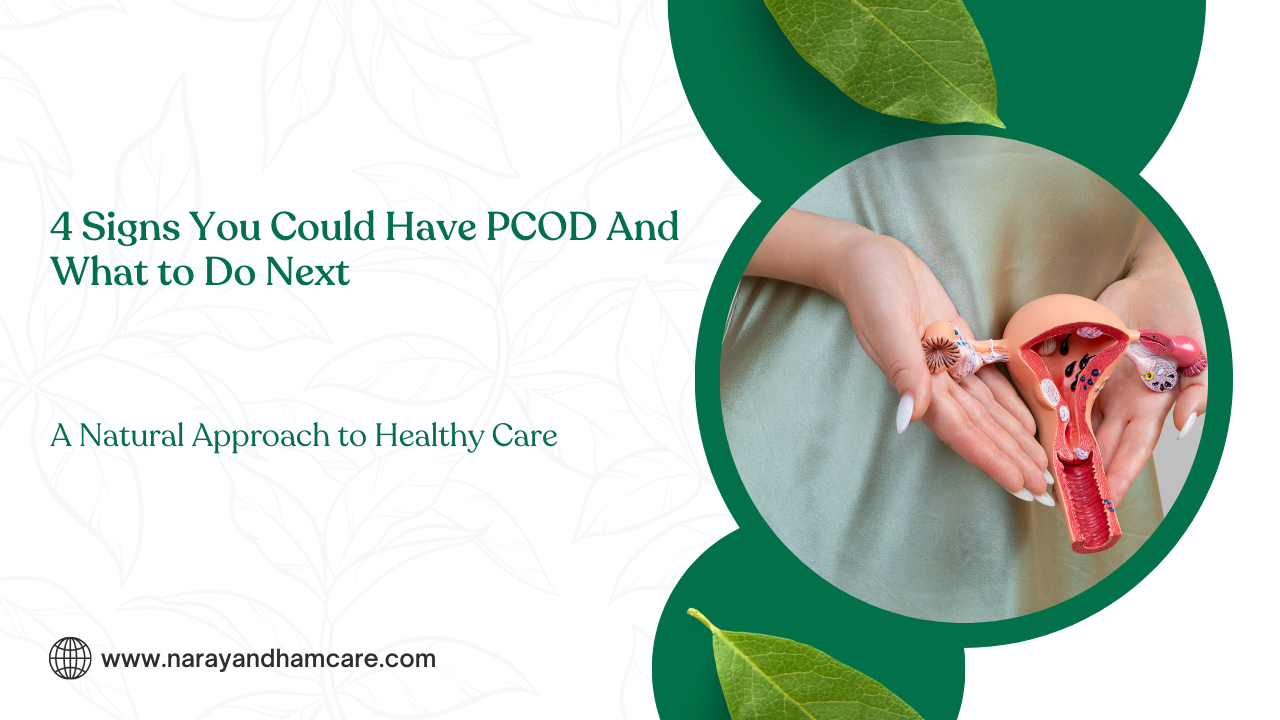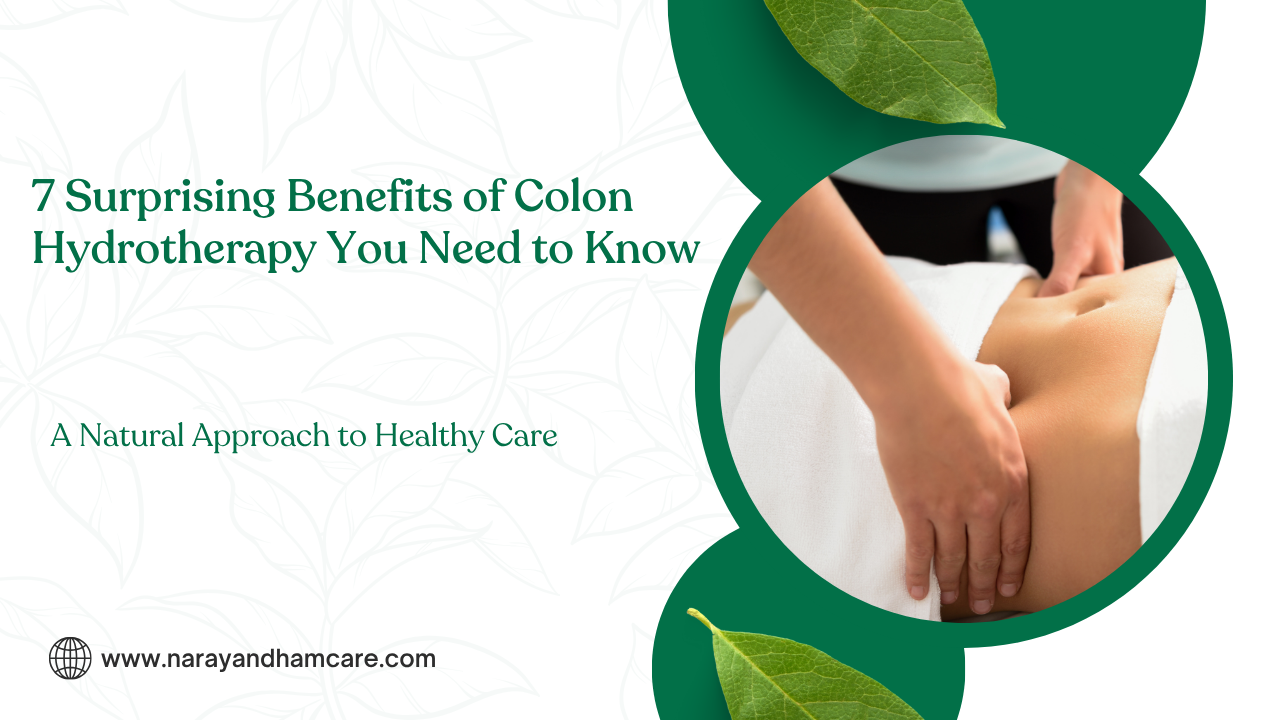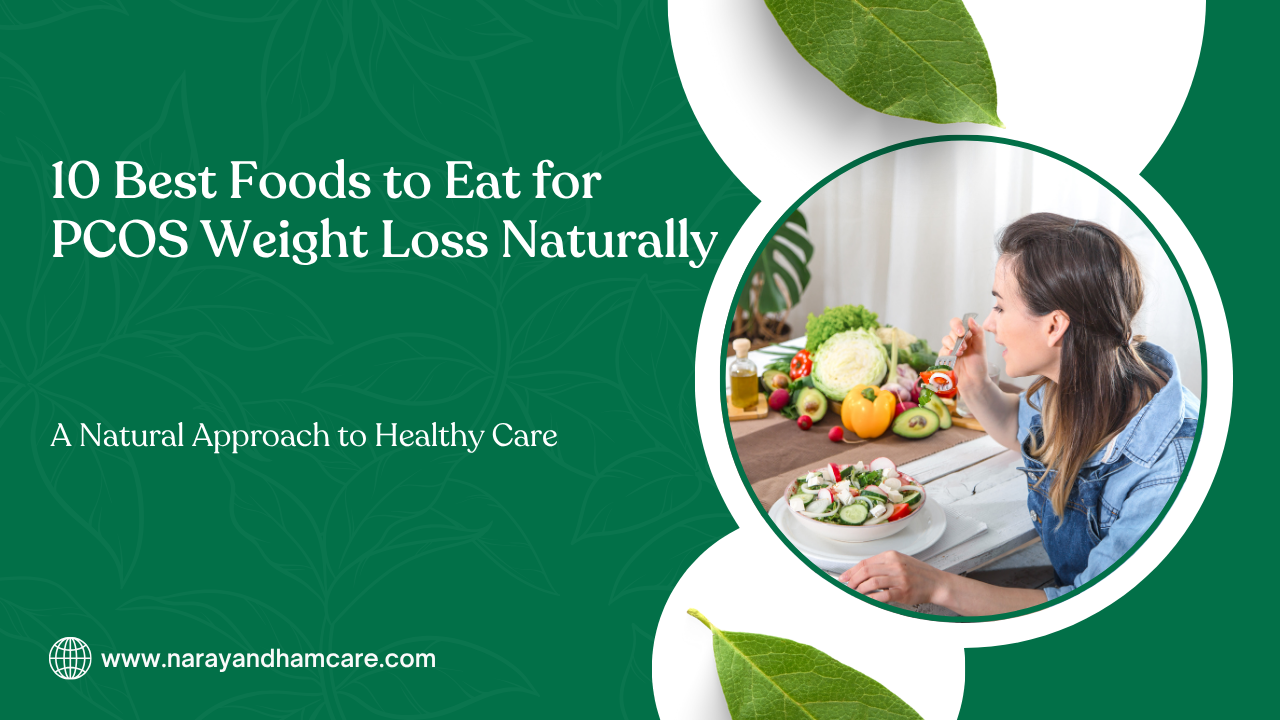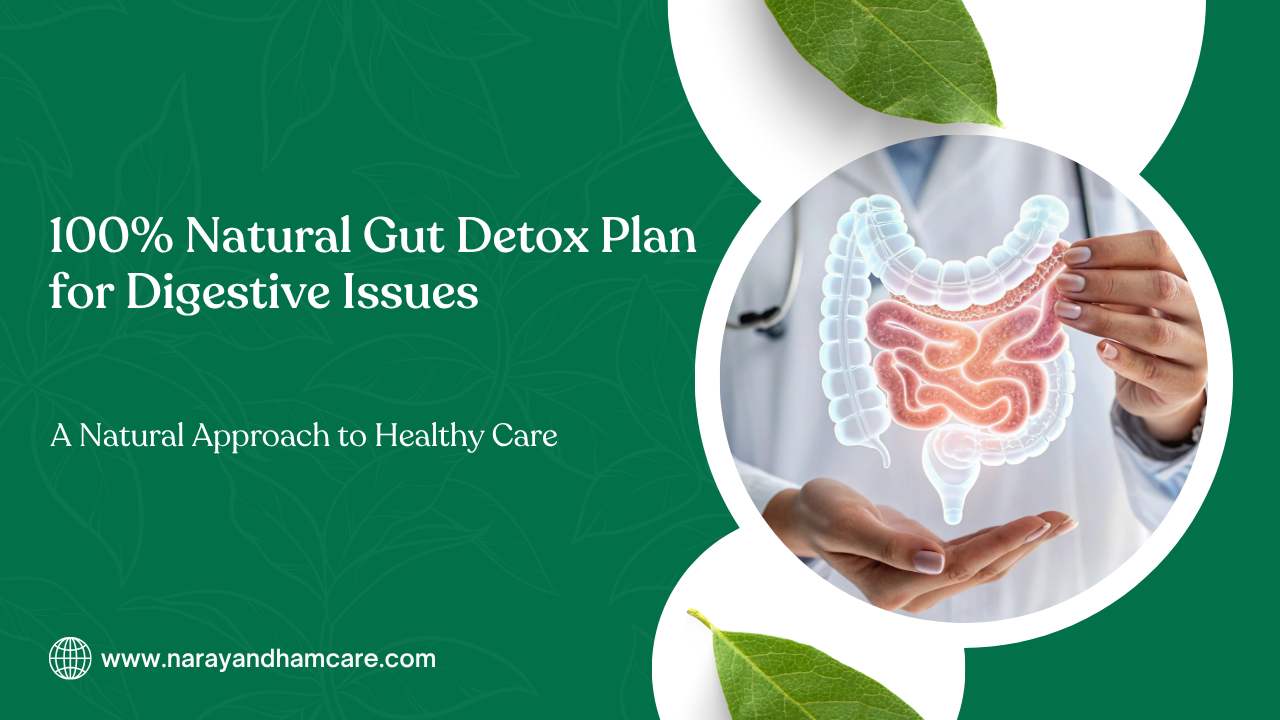Introduction
Have you been noticing changes in your body like missed periods, weight gain, or extra facial hair? If yes, you may be dealing with, also known as Polycystic Ovarian Disease. it is a common health problem that affects many young women today, especially between the ages of 15 to 40.
Even though PCOD is common, many women don’t realize they have it until they face problems like irregular periods or trouble getting pregnant. That’s why it’s important to know the early signs of PCOD and how to take care of it naturally.
In this blog, you’ll learn about:
- What PCOD is
- The top 4 signs
- Natural and simple steps to manage it
- Common questions answered in easy words
Let’s get started.
Problem: What Is PCOD and Why Does It Happen?
Polycystic Ovarian Disease is a condition where a woman’s ovaries produce many small, immature eggs (called cysts). These cysts stay in the ovaries and are not released properly. This can cause a hormonal imbalance.
Why does PCOD happen?
Some common causes include:
- Unhealthy lifestyle (poor diet, no exercise)
- Stress and anxiety
- Hormonal imbalance
- Family history (if your mother or sister has it)
Who does it affect?
PCOD can affect:
- Teen girls just starting their periods
- Women in their 20s and 30s
- Overweight women
- Women with high stress or poor sleep
If ignored, it can lead to infertility, diabetes, and mood problems. So, it’s better to catch it early.
Symptoms: 4 Signs You Could Have PCOD
Here are 4 main symptoms you should not ignore:
1. Irregular or Missed Periods
This is the most common sign. If your period comes very late, or you miss it for months, it can be a sign of hormonal imbalance.
Why it happens: Your ovaries are not releasing eggs regularly (no ovulation), which delays or stops your periods.
2. Unwanted Hair Growth (Hirsutism)
Are you seeing extra hair on your face, chin, chest, or back? This could be due to high levels of male hormones (androgens) in your body.
Common spots: Upper lip, chin, lower belly, thighs, chest.
3. Acne and Oily Skin
If you suddenly have severe acne on your face, chest, or back, it may be because.
Why it happens: Hormonal imbalance causes your skin to produce more oil, which clogs pores and leads to acne.
4. Sudden Weight Gain or Difficulty Losing Weight
If you’re gaining weight quickly—especially around your belly—and can’t lose it even after trying, PCOD could be the reason.
Why it happens: Insulin resistance is common in. This means your body can’t use insulin well, which makes you gain fat.
Solution: What to Do Next—Natural Remedies for PCOD
Now that you know the signs, let’s look at simple, natural ways to manage. These steps don’t require medicine in the beginning and can be followed at home.
1. Change Your Diet
Your food is your first medicine.
Eat:
- Fresh fruits and vegetables
- Whole grains (brown rice, oats)
- Seeds and nuts (flax seeds, almonds)
- Herbal teas (spearmint, cinnamon)
Avoid:
- Sugary foods (cakes, cold drinks)
- Junk food and fried items
- Packaged snacks with chemicals
2. Exercise Daily
Just 30 minutes of walking, yoga, or dancing can help a lot.
- It balances hormones
- Reduces weight and belly fat
- Improves your mood and energy
Try PCOD-friendly yoga poses like:
- Butterfly pose
- Cobra pose
- Surya namaskar
3. Sleep Well and Manage Stress
Lack of sleep and stress can make it worse.
- Sleep at least 7–8 hours daily
- Avoid phone or TV 1 hour before bed
- Try deep breathing or meditation for 10 minutes daily
4. Use Ayurveda and Natural Herbs
Some powerful herbs that help with PCOD are:
- Ashwagandha: Reduces stress hormones
- Shatavari: Balances female hormones
- Cinnamon: Helps with insulin control
- Spearmint tea: Reduces unwanted hair
Always talk to an Ayurvedic expert before starting herbs.
Frequently Asked Questions (FAQ)
Q1: Can PCOD be cured permanently?
A: it cannot be “cured” fully, but it can be managed very well with lifestyle changes. Many women lead healthy lives after making the right changes.
Q2: Can I get pregnant if I have PCOD?
A: Yes. Many women with PCOD get pregnant naturally. It may take longer, but with proper diet and care, it’s very much possible.
Q3: How is PCOD diagnosed?
A: Doctors may do a blood test, ultrasound, and ask about your symptoms. Irregular periods and cysts on ovaries are signs.
Q4: What is the difference between PCOD and PCOS?
A: it is more common and less severe. Polycystic Ovary Syndrome is a more serious condition with higher hormonal imbalance.
Q5: Can weight loss help in PCOD?
A: Yes, even a small weight loss (5-10%) can improve your periods, hormones, and energy.
Conclusion
PCOD is not something to fear, but something to understand. By recognizing the early PCOD symptoms—like irregular periods, unwanted hair, acne, or weight gain—you can take steps early and protect your health.
A healthy lifestyle, with better food, movement, and rest, is your best and most natural treatment. Ayurveda and herbal remedies can also help support your healing.
Take Action Now:
- Start with small changes in your diet and routine
- Keep track of your period dates
- Don’t ignore symptoms—listen to your body
- Consult a doctor or Ayurvedic expert for proper care
You are not alone.it is manageable, and you can still live a joyful, energetic life.
Have you experienced any of these symptoms? Share your story or questions in the comments! Let’s support each other on this journey.





